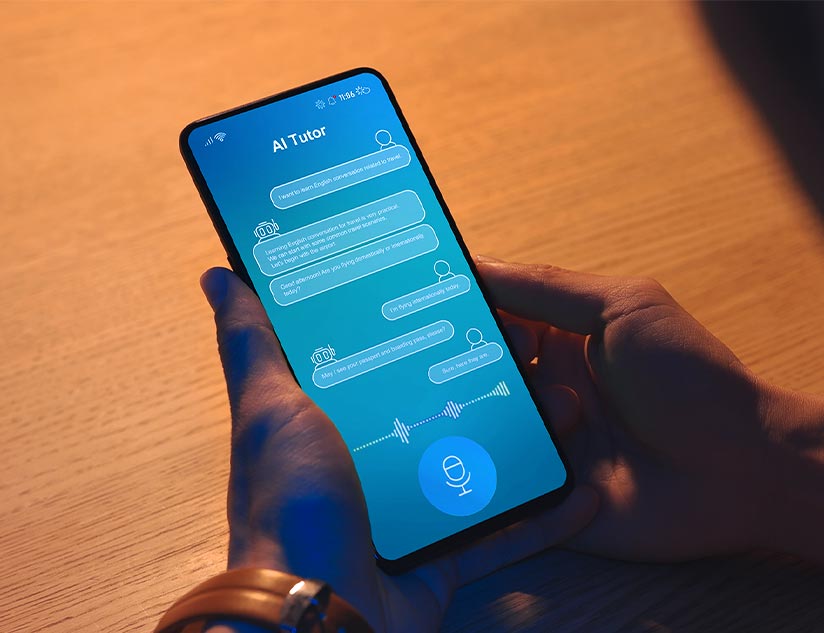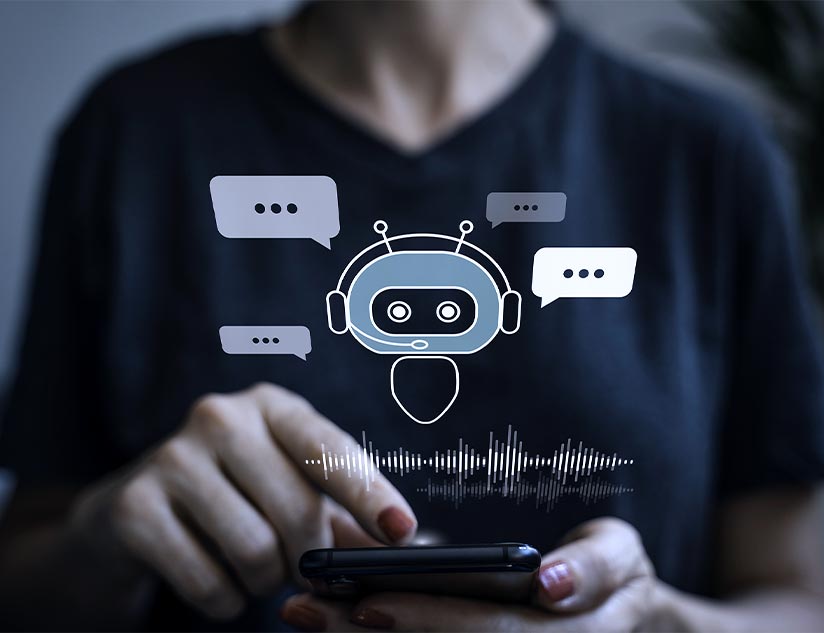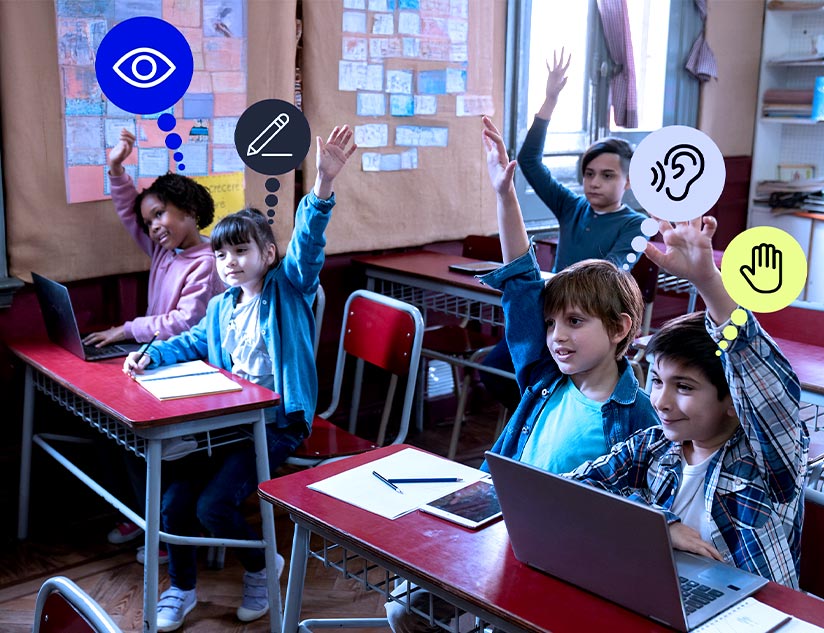UNESCO considers digital technologies a “social necessity” to guarantee education as a basic human right. The organization finds innovation in learning technologies crucial in driving inclusion, expanding learning opportunities, and making relevant and quality education accessible. Artificial intelligence (AI) is one of the key technologies that UNESCO believes can redefine teaching and learning experiences. However, the UN body emphasizes that AI applications must promote equity and inclusion in education. Advances in retrieval augmented generation (RAG) based large language models (LLMs) pave the way for AI learning assistants.
These assistants have immense potential to transform course development, instruction, learning, administration, and parent experiences, shaping the future of education. Here’s a look at how this development in education technology benefits teachers, students, K12 publishers and more.
AI Chatbots: Mere Tools or Companions?
The capabilities of modern AI chatbots to hold contextual, human-like conversations make them more than just tools in digital education.
The Value of Chatbots as a Friend
Do you remember your school days and the excitement and benefits of an exam-night sleepover with your study buddy? In the age of digital education, AI learning assistants play the key role of learning friends. They help students to understand difficult concepts. They “talk” to learners and clear their doubts, even those that students might hesitate to ask teachers. This helps prevent the feeling of isolation from developing in remote learners. The communicative approach expands the role of AI chatbots in learning to friends, motivators, feedback providers, and much more.
24/7 Support and Motivation
Since AI learning assistants are available anytime and anywhere, the support remains constant. AI-powered digital learning platforms provide unwavering encouragement throughout the student’s learning journey. AI chatbots in education answer students’ queries as and when they arise in the language the learner is most comfortable with.
Personalized Learning Companion
The power of AI in education lies in the adaptability of chatbots to offer personalized learning experiences. AI learning assistants enable online eLearning platforms to tailor learning journeys, difficulty levels, and the support provided to meet individual needs. Smart chatbots capture students’ learning progress, assess their strengths and weaknesses to make personalized recommendations of learning resources to bolster knowledge acquisition and retention.
The Power of AI Learning Assistants in Education
The role of AI chatbots in education as tools is no less important.
Enhanced Accessibility
AI learning assistants eliminate barriers to learning. AI chatbots ease the lives of K12 publishers by automating translations and cultural alignment of instruction materials. In addition, simplified and detailed explanations help improve the understanding of concepts among children.
Personalization at Scale
These chatbots can be powered to collect student data to gauge their knowledge levels and gaps using learning analytics. These insights can be used to recommend supplementary learning resources to aid student progress toward individual learning goals and higher attainment of learning outcomes.
Improved Assessment & Feedback
AI chatbots for personalized learning take assessments a notch higher with tailored quizzes, question formats, and difficulty levels. Additionally, real-time feedback, driven by data, creates opportunities for improvement and higher academic achievement for K12 learners.
Balancing Usability and Ethics in Digital Learning Platforms
The key to ensuring the optimal use of AI in education is to leverage learning assistants that are engaging and transparent. Chatbot conversations must be seamlessly accessible. This necessitates the ability of AI chatbots to understand natural human language, especially for younger learners still in the process of developing their sentence formation and communication skills. Furthermore, AI learning assistants must be compatible with diverse online eLearning platforms. API-based integrations facilitate the augmentation of learning experiences on existing education technology platforms with AI chatbots. EdTech providers play an instrumental role in defining the ease of introducing AI in diverse aspects of course development, K12 publishing, instruction, and evaluations.
The Future of AI in Education
The market value of AI in education is forecasted to grow from $5.4 billion in 2024 to $55.4 billion in 2030 at an impressive CAGR of 47.2%. Notably, in 2024, natural language processing (NLP) technologies that power AI chatbots in education comprised 65% of this market. With advances in LLMs and virtual reality, NLP use is poised to expand by leaps and bounds. The risks of unethical or unfair decision-making and bias may multiply as AI chatbots become more sophisticated and emotionally intelligent. K12 education publishers must ensure that AI in education does not breach student privacy while establishing responsible and ethical use of the technology.
While integrating AI is paramount for K12 publishers to stay relevant in the times to come, responsible use and adherence to compliance and privacy regulations can be a key differentiator. This can drive adoption and help capture a larger market share. To begin with, you must partner with a leading technology provider that facilitates AI use in the education space with extraordinary learning solutions. Schedule a demo with MagicBox™ to experience how innovative AI learning assistants can transform teaching and learning experiences and drive state adoptions.















